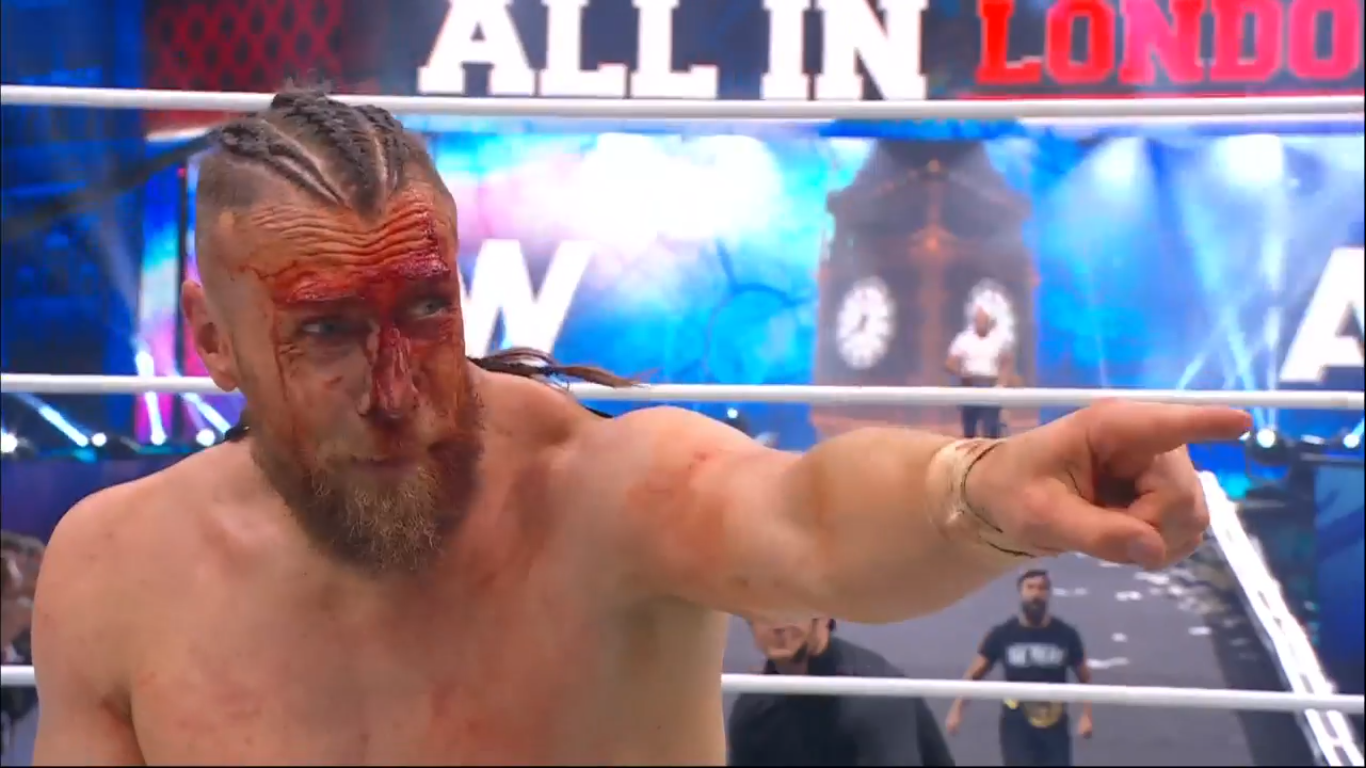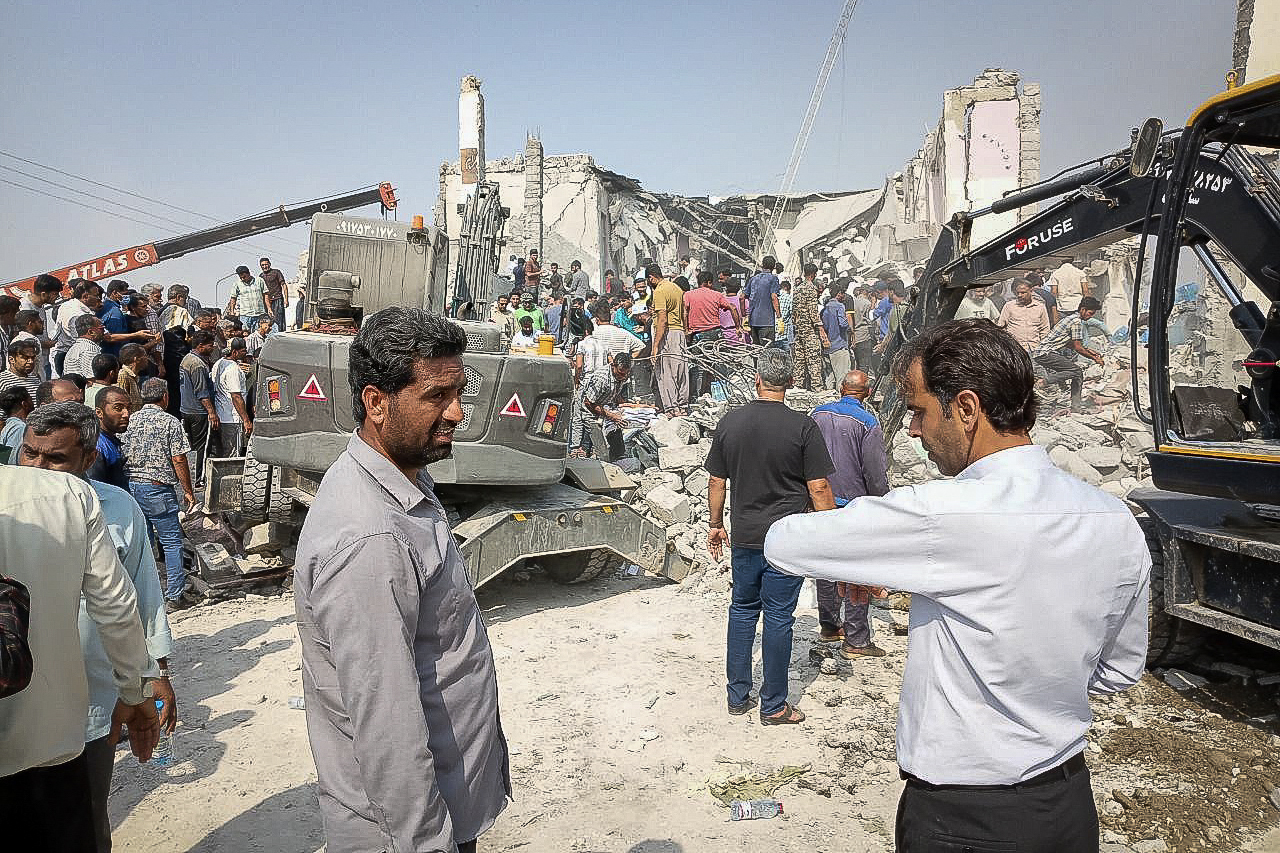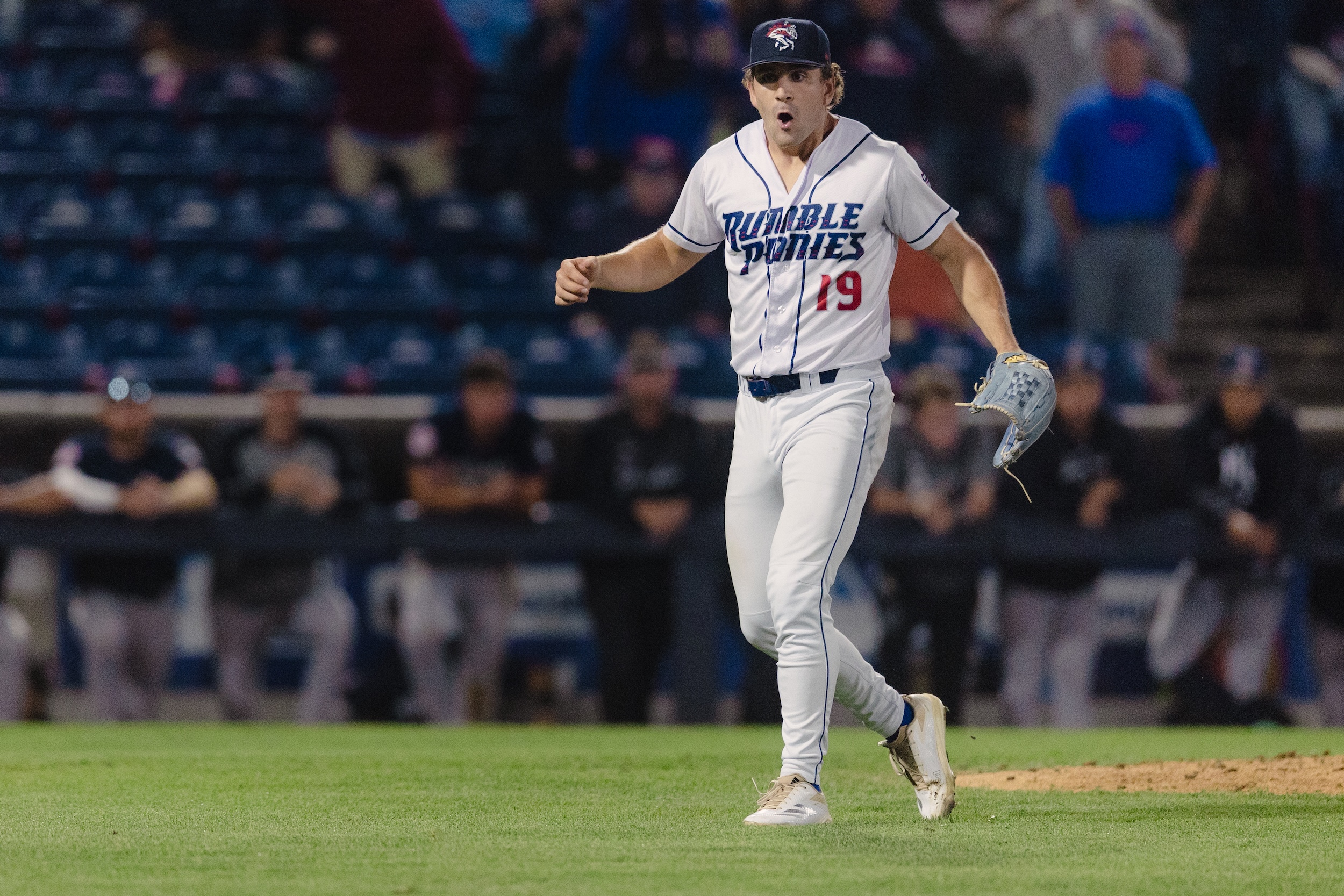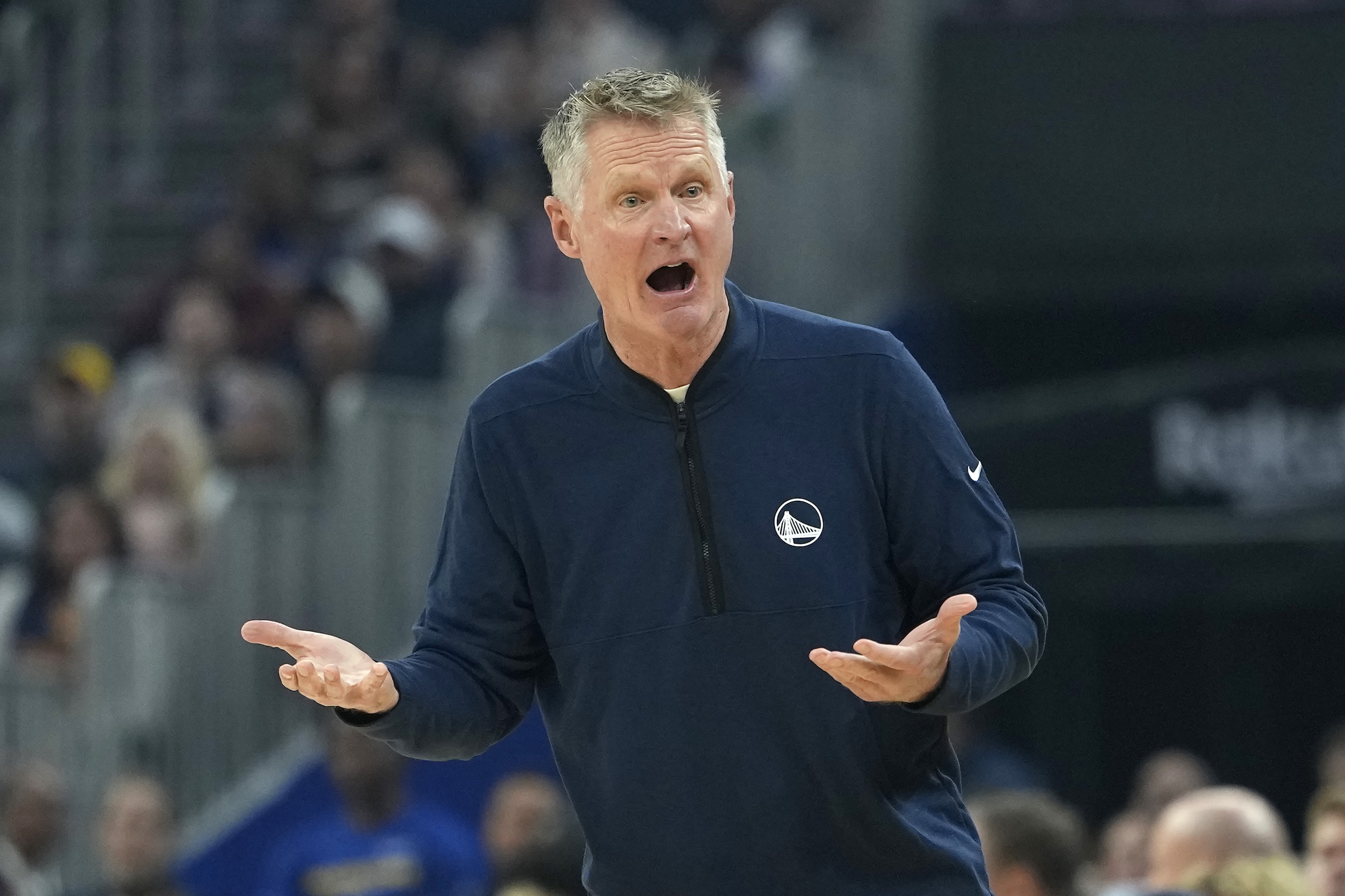No pro wrestler thrives more off making you believe that he's about to be maimed than Bryan Danielson. Selling the damage of a match is a non-negotiable part of the job for anyone in the business, but for Danielson, acting out his character's pain feels almost like an act of sadism. He's 43 years old, near the end of a full-time run that began 25 years ago, and still carrying the weight of a multi-year hiatus due to a little thing called "career-ending" concussion problems. Particularly after making the move from the PG WWE to PG-13 AEW in 2021, his matches became bloodier, grittier, and more of a high-wire act for his visibly deteriorating body.
While Danielson's time with the company has cemented his legacy, his road with AEW has also been continually blocked by legitimate injuries, like the broken arm he suffered during a PPV main event last summer (he finished the match) or the broken orbital bone he picked up in the fall shortly after returning. Mixed in with those real-life scares, however, have been creative choices that prey on the emotions they've stirred—mid-match doctor checks, mimed fencing responses, and this drama, following a PPV match in April.
The story of Bryan Danielson, the real guy, is that of an artist who loves his work but should probably stop soon, for his and his family's sake. Over the course of what's been marketed as his final full-time year in the business, the story of Bryan Danielson, the character, has hit the exact same beats. Danielson's AEW tenure, in both personas, reached a peak on Sunday in the main event of the young promotion's second annual Wembley Stadium show, All In. In that match, he finally won the company's top championship, and he did so in a performance that dragged everyone's faces through the fact that he will not be around much longer.
In keeping with the wide-ranging though sometimes frustratingly esoteric spirit of AEW, the biggest emotional payoffs at All In required a wrestling knowledge that expands far beyond the company's own storylines and into careers both international and historical. I'm thinking of the shock return of Nigel McGuinness, whose career "ended" for medical reasons in 2011, and his face-off with New Japan Pro Wrestling star Zack Sabre Jr., which was then interrupted by Kazuchika Okada. McGuinness is a commentator in AEW, but his career has never been contextualized on their TV. Sabre looks next in line to hold the New Japan title, but that's, you know, in Japan. And Okada is now a contracted AEW talent, but his entire reputation comes from his work in his home country. If you limited yourself to just AEW's product, you'd be missing most of the story.
That inclusive sense of fandom from the company itself—the message that if it doesn't happen in their domain, it still matters—helped catapult the main event into instant-classic territory. The result was telegraphed by the stipulation, in which Danielson would retire on the spot if he failed to beat the champ Swerve Strickland, but the obvious ending ultimately fed the melodrama, which took its fuel from a quarter-century of goodwill between Danielson and the fans. Entering to "The Final Countdown"—once a jokey theme choice from his early days grinding in the cult-favorite Ring Of Honor, now a poignant anthem reminding everybody of the distance he's covered since then—Danielson never looked like a wrestler who was about to leave his boots in the ring. As he revved up the fans and greeted his family by the barricade, he looked like a loving father, the people's hero, and someone who had still more to give. When Jim Ross, the instantly recognizable 72-year-old announcer who's been dealing with serious health issues, popped in unexpectedly to call the main event, I couldn't keep a handle on my emotions. The act of aging can never be just a story.
What followed was an epic that I think surpassed even the pageantry of Sting's retirement. While Strickland, on the hottest tear of his life, was a great foil as a darkly intense villain in his athletic prime, Danielson leaned all the way into his fragility. AEW has consistently and unconventionally portrayed its masculine heroes as loving and empathetic, and strong specifically for that reason, and this match kept up that theme, in the most absurd manner: Danielson, bloody and abject and completely beaten-down, became invincible basically by repeatedly screaming "I love you!" in the direction of his family. Strickland—cold and ruthless and individualistic—couldn't match his mystical dad strength. This fable, layered on top of a man's very real professional success in the face of physical adversity, is a bizarre, tear-jerking concoction only pro wrestling can brew.
Danielson says he needs neck surgery, so he probably only has a few more matches left in this chapter before he drops the belt and moves on to a late career of guest appearances. Throughout this whole stretch, I've tried my best to consciously remind myself to appreciate his work; I think I believed that it would make the time go by more slowly. We're almost at the end now. As a decently compassionate person, I think I'll just be grateful if Danielson can walk out of AEW under his own power. But as a selfish fan, I wanted this night at Wembley to last forever.






